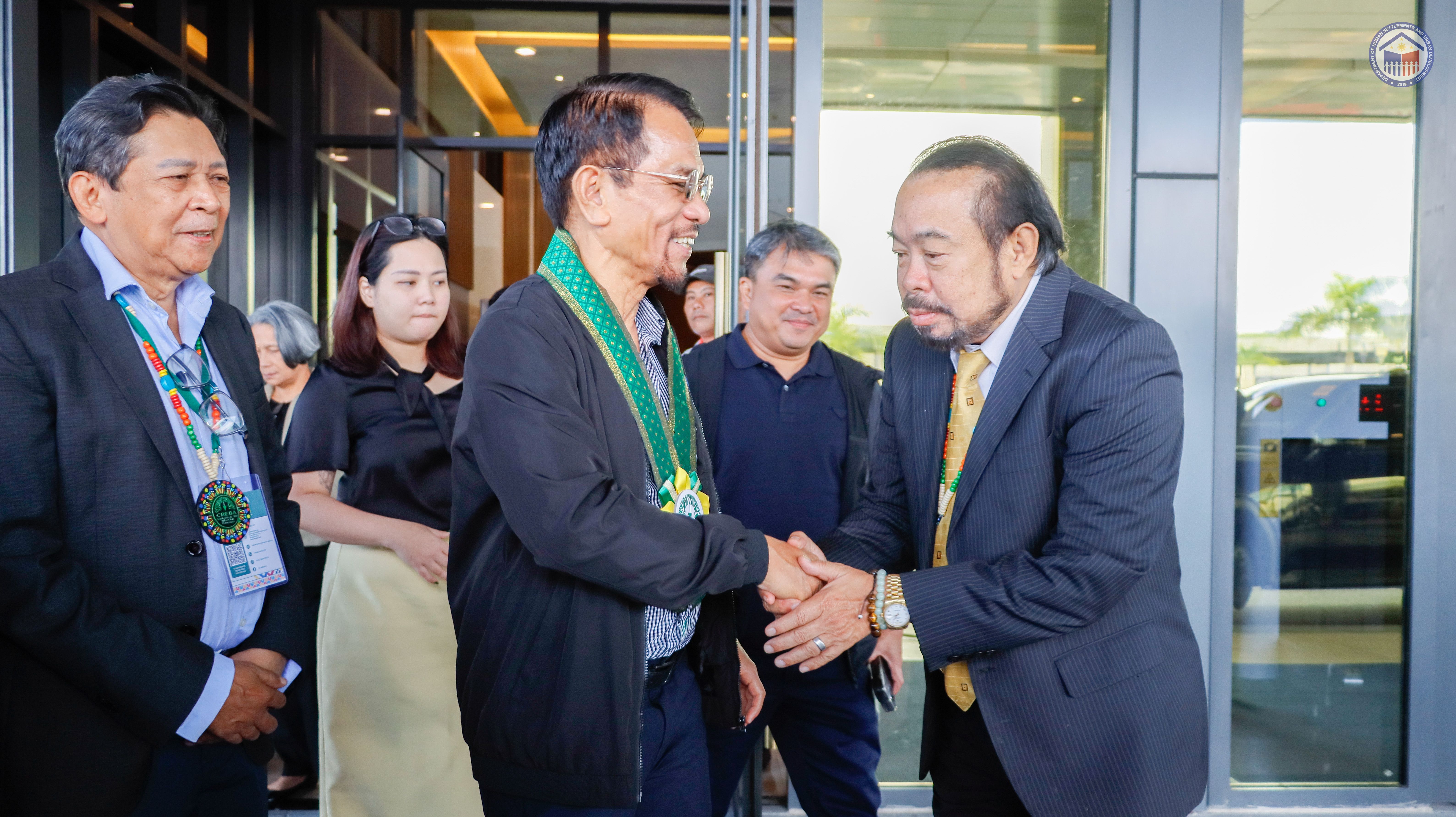DHSUD seeks more private partners to bankroll government's mass housing projects

The Department of Human Settlements and Urban Development (DHSUD) is now seeking more private partners to expedite its commitment to address the 6.5 million backlog in housing for informal settler families (ISFs) and low-income earners.
“The government cannot do it alone. We need the support of all stakeholders. We need private partners including CREBA (Chamber of Real Estate Builders’ Association Inc.) and other developers' groups,” said DHSUD Secretary Jose Rizalino Acuzar during the group’s annual convention in Pampanga.
“Now more than ever, we need to work together, we need to unite, collaborate and continuously engage to ensure we complement each other's efforts,” he added.
Acuzar assumed the DHSUD post with the big problem of not only addressing the housing backlog but also to ensure that the government would provide housing units that will not be abandoned later by beneficiaries similar to what happened to previous housing programs that resulted in the loss of billions of pesos of taxpayers’ money.
Among the reasons for the failure of past housing programs were the perceived below standard units, far locations that require additional transportation expenses for the beneficiaries, and poor water and power supplies.
Following his assumption as housing czar, Acuzar pushed for in-city and on-site housing programs.
But Acuzar said the national government could not do it alone due to financial challenges.
“Partner-developers faced challenges in executing the housing program but remained determined to produce more housing units to contribute to the government's goal in addressing the housing gaps in the country,” said Acuzar.
“Together, let us turn these challenges into opportunities toward our shared goal of providing safe, decent yet affordable shelters to Filipinos in sustainable communities,” he added.
Themed, “Philippine real estate and housing: Navigating the next decade,” this year’s CREBA national convention consisted of seven sessions which dabbled on topics ranging from the interrelation of the national economy and real estate practice, to community building, to the future trends and challenges in the housing and urban development scene.
The convention drew key players in the industry who led the sessions, each sharing their expertise to budding practitioners while exchanging insights with other seasoned professionals.
The first three sessions delved into the relevance of industry partnerships and collaboration; the balance between human settlements and food security; and the effective strategies in environment, tourism and green building.